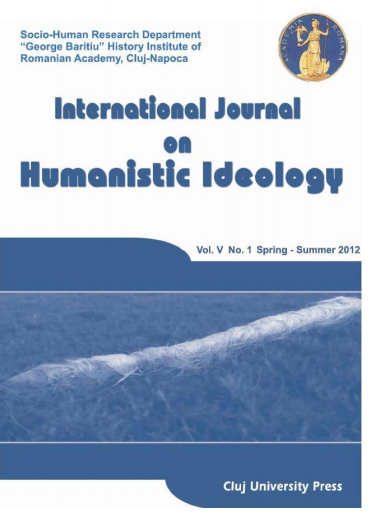Muslim Identity vs. Political Liberalism
Muslim Identity vs. Political Liberalism
Author(s): Michael DuscheSubject(s): Philosophy
Published by: Presa Universitara Clujeana
Keywords: Muslim Identity; political liberalism; John Rawls; Akeel Bilgrami; emergent secularism; internal universalism; emergent universalism; relativism; Orientalism; essentialism
Summary/Abstract: A great number of empirical studies on the attitudes of Muslims indicate that Islam or Muslim identity hardly allow any predictions regarding the predilections of Muslims regarding human rights and democracy in the framework of the modern constitutional state, or regarding the principal separation of politics from religion. From these studies one can infer that reasons other than Islam are responsible for the deficiencies in human rights and democracy in Muslim majority societies. Nevertheless, there has been an ongoing discourse among Muslim intellectuals about an apparent “malaise” of Muslims in the modern world, which according to these authors also affects the ability of Muslims to embrace modern democratic ideas and make democratic institutions work. One of their proponents is Akeel Bilgrami, a philosopher at Columbia University, New York, and a critique of John Rawls, one of the most influential theorists of the modern democratic state. The aim of the project is to place Akeel Bilgrami in the contemporary discourse of the “malaise” and to engage with his criticism of John Rawls’ political liberalism, which Bilgrami bases on a philosophically sophisticated notion of Muslim identity.
Journal: International Journal on Humanistic Ideology
- Issue Year: V/2012
- Issue No: 01
- Page Range: 37-54
- Page Count: 17
- Language: English

